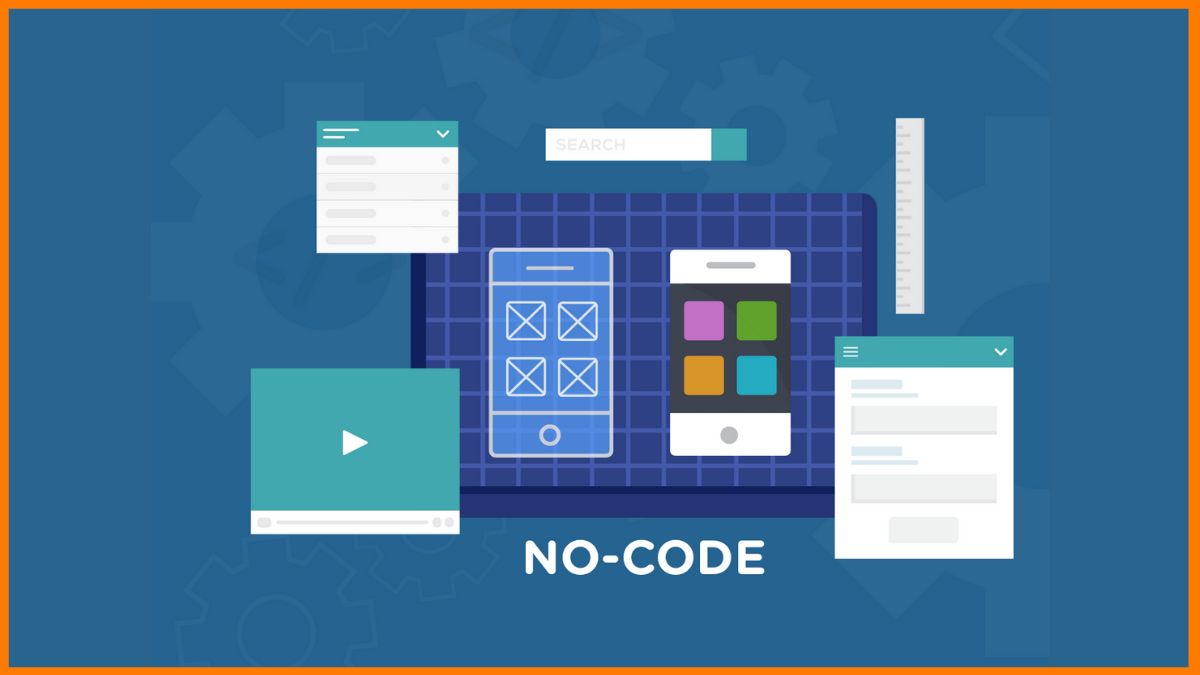
The Rise of No-Code Development: Why It’s Changing the Future of Tech
Created on 5 December, 2024 • Technolgy • 50 views • 3 minutes read
In the fast-paced world of technology, one of the most exciting trends of 2024 is the rise of no-code development.
1. What is No-Code Development?
- A Game-Changer for Non-Developers: No-code platforms allow users to create apps, websites, and workflows through graphical user interfaces and drag-and-drop features, eliminating the need for coding expertise.
- Key Platforms: Bubble, Webflow, Airtable, Glide, and many more.
- Why It’s Important: No-code tools democratize the app development process, making it accessible to a wider audience and fostering creativity and innovation across industries.
2. Speed and Cost Efficiency
- Faster Time to Market: Traditional software development can take weeks or even months to launch a project. With no-code platforms, users can create fully functional apps in a fraction of the time—sometimes even in a day or two.
- Affordable Solutions: Building applications using no-code platforms is far more affordable compared to hiring a development team or learning to code. This significantly lowers the barrier to entry for small businesses and startups.
- Why It’s Important: The ability to quickly and cost-effectively create apps means that businesses can test ideas and scale rapidly without extensive resources.
3. Empowering Non-Technical Teams
- Democratizing App Creation: No-code development allows marketers, business analysts, and designers to create applications and tools on their own. These users no longer need to rely on developers to execute their ideas, enabling teams to move faster and make data-driven decisions without technical bottlenecks.
- Applications: Custom internal tools, customer-facing apps, websites, automation workflows.
- Why It’s Important: With no-code, businesses can increase productivity, streamline operations, and build better solutions for their unique needs, all without relying on a technical team.
4. Flexibility and Customization
- Tailored Solutions: Despite being “no-code,” these platforms offer incredible flexibility and customization. You can create sophisticated features like payment gateways, user logins, and integrations with other tools, all with minimal effort.
- Why It’s Important: The combination of ease and flexibility allows businesses to create unique, tailored solutions that meet their specific needs and requirements.
5. Innovation for Small Businesses and Startups
- Breaking Down Barriers: Startups and small businesses traditionally faced high development costs and long timelines for tech solutions. No-code platforms eliminate these challenges by allowing smaller teams to quickly prototype, build, and deploy applications with limited budgets.
- Examples: A small retail shop can build an e-commerce site, an online booking system, or a customer feedback app with no-code tools, enabling them to compete with larger companies.
- Why It’s Important: No-code platforms level the playing field, giving startups and small businesses the tools to scale, automate, and innovate quickly.
6. The Future of Software Development
- The Shift Toward Citizen Developers: No-code platforms are paving the way for a new generation of “citizen developers” who are skilled at creating applications without being formally trained in software development. This trend is expected to continue growing as no-code tools evolve.
- Why It’s Important: The growing number of citizen developers will not only change the way businesses build apps but will also create new opportunities for tech education and innovation.
7. Challenges and Limitations
- Complexity Limits: While no-code platforms are powerful, they may not be suitable for highly complex or customized applications. There are still limitations in terms of performance and scalability, particularly for large enterprises.
- Learning Curve: While easier than traditional development, there is still a learning curve involved in mastering no-code platforms.
- Why It’s Important: As no-code tools become more sophisticated, these limitations will continue to diminish, making no-code a more viable option for complex applications.
Conclusion: The Future is No-Code
No-code development is revolutionizing the way we build applications and empowering people from all backgrounds to bring their ideas to life. Whether you’re a startup, small business, or enterprise, no-code platforms offer speed, efficiency, and customization without the need for technical expertise. As these platforms continue to evolve, the future of app development will be more accessible and democratized than ever before.
Popular posts
-
Coin Master free spins & coins daily links January 2023Games • 3,034 views
-
AI in Healthcare: Advancements and ChallengesTechnolgy • 1,806 views
-
7 Simple Steps to Rank Number 1 in Google SearchTechnolgy • 1,472 views
-
E-commerce EvolutionTechnolgy • 1,171 views
-